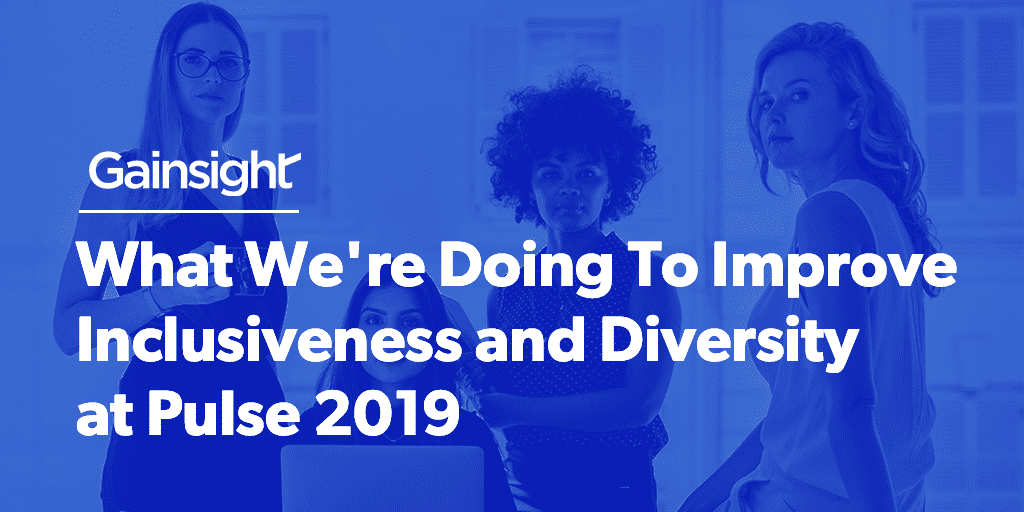I want to talk about “virtue signaling.”
In case you haven’t heard that term, it’s generally meant as a criticism of public displays of morality for self-flattering or self-aggrandizing motives. Some might call it “conspicuous wokeness,” and usually they’re talking about businesses and brands when they do.
It’s tough, because I totally understand the impulse behind that criticism. It’s hard to look at something like that infamous Pepsi ad (the one that shows a fake clash between law enforcement and protestors being defused by an ice cold Pepsi) and view it as anything other than a bankrupt exploitation of a deadly serious social issue.
On the other hand, I can’t help but thinking of the people behind the brand—all those marketers and PR people and filmmakers and executives and agency people at Pepsi—and wondering about their actual motives. Did they all get together, twirl their mustaches, and try to brainstorm a way to exploit a movement for profit? You’d have to be pretty cynical to believe that. Or did they all come to the project with mostly good or neutral intentions? It’s such a difficult concept to talk about with nuance for an articulate individual, let alone a huge corporate brand with competing internal priorities.
Maybe they should have just not tried at all.
That’s what I think about every time I see a brand take up a social position and fall short, and that’s what I’m thinking about as I’m writing this post.
Signaling virtue vs. being virtuous
That’s because I know it invites cynicism and criticism to try and insert values into business. If we just stuck to the classic “it’s not personal, it’s just business” credo and let the market decide what it wants from us when it comes to values (if you can call them that when it gets to that point), life would be simpler. We wouldn’t ever fail to live up to our ideals. We wouldn’t have to fight for them when it’s hard.
But I think the cost is greater to not try. And I think I know what it is about the whole “virtue signaling” issue that causes brands to stumble. It’s the “signaling” aspect more so than the virtue. In other words, are you actually doing anything to move the needle on your social values? Or are you just trying to make people think you are?
With that in mind, I wanted to talk about one of our social values and what we’re doing about it. (As a side note, you might wonder, why even talk about it—why not just do it quietly? I think it’s important to talk about it if only so people know they can expect an inclusive and diverse event and to hold us accountable if we fall short.)
We’ve made a commitment at Gainsight to improving our company’s diversity and inclusion. We put into action a plan and are holding ourselves accountable with aggressive but meaningful metrics for success. You can see those commitments here.
Diversity and inclusion at Pulse
Part of that commitment includes living those values out at Pulse, our annual conference. This event is the biggest thing we do outside of our core product, with 5,000+ people attending and pretty much our whole team mobilized around putting it together. There are a bajillion reasons why we need to have a really diverse conference where everyone is included and feels included. But one of those reasons is that it’s morally right, so I’ll stop there.
So what are we doing exactly to improve inclusivity and diversity at Pulse? Please keep in mind, these are just the tip of the iceberg. We clearly have such a long way to go, but I’m proud that we’ve taken these steps, among others:
- Maintaining a 50-50 ratio of female to male speakers across the board.
- Two separate sessions on improving diversity and inclusion in business and tech.
- Branding that represents all backgrounds.
- Free professional headshots available to everyone at Pulse.
- A deep discount available to non-profit organizations.
- 75 free full passes to Pulse distributed by Gainsight Gives.
It’s important to us, and because of that and completely independently of that it’s important to Gainsight. Our human values suffuse our company values in a beautiful way. We don’t always get it right, but we always listen and we always try to get better.


